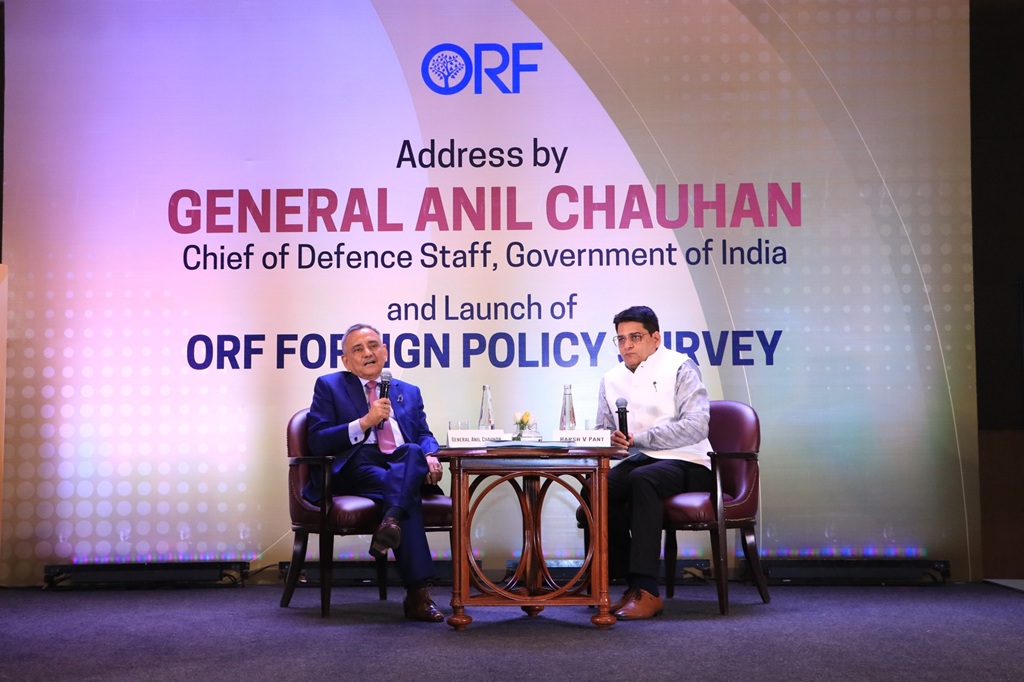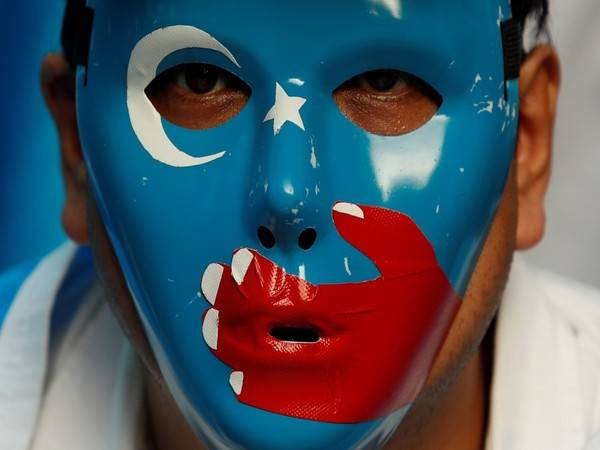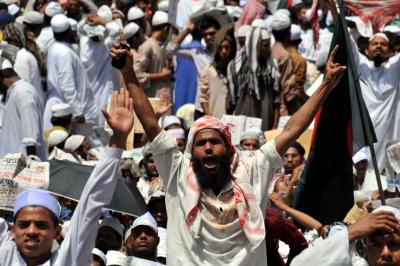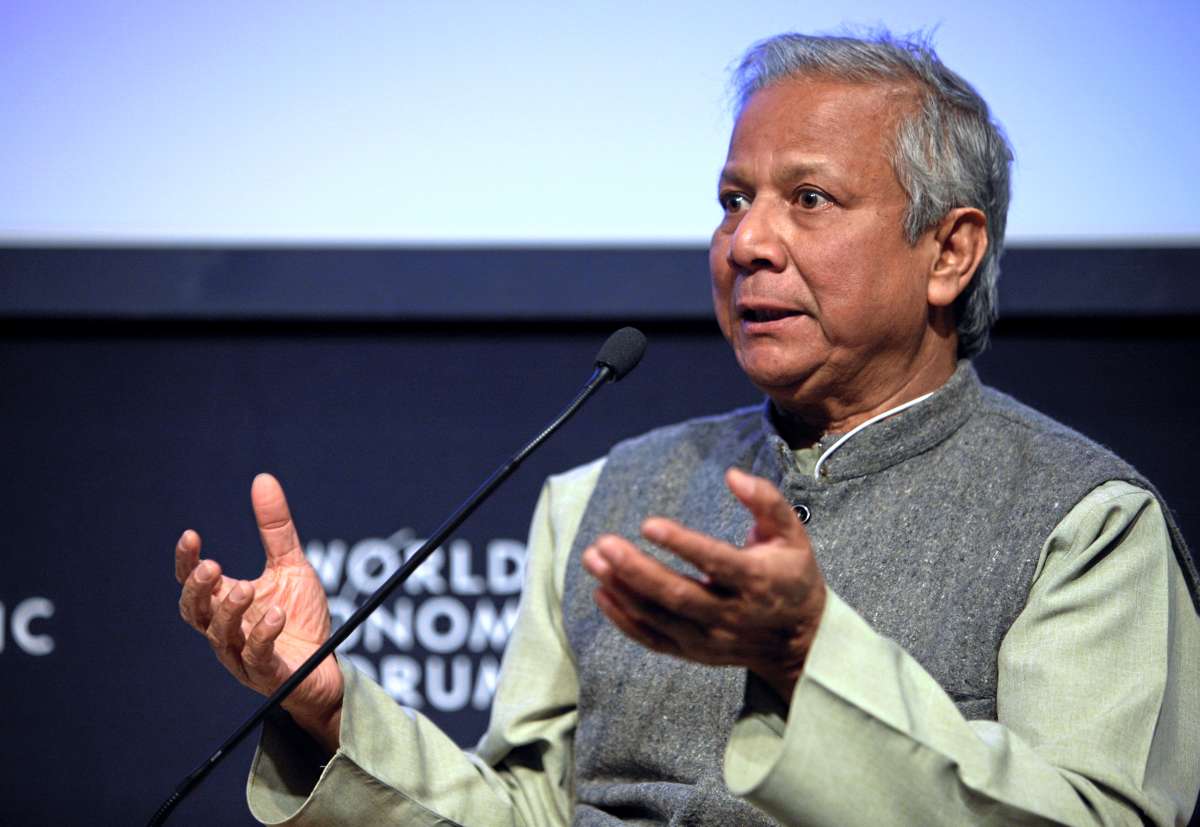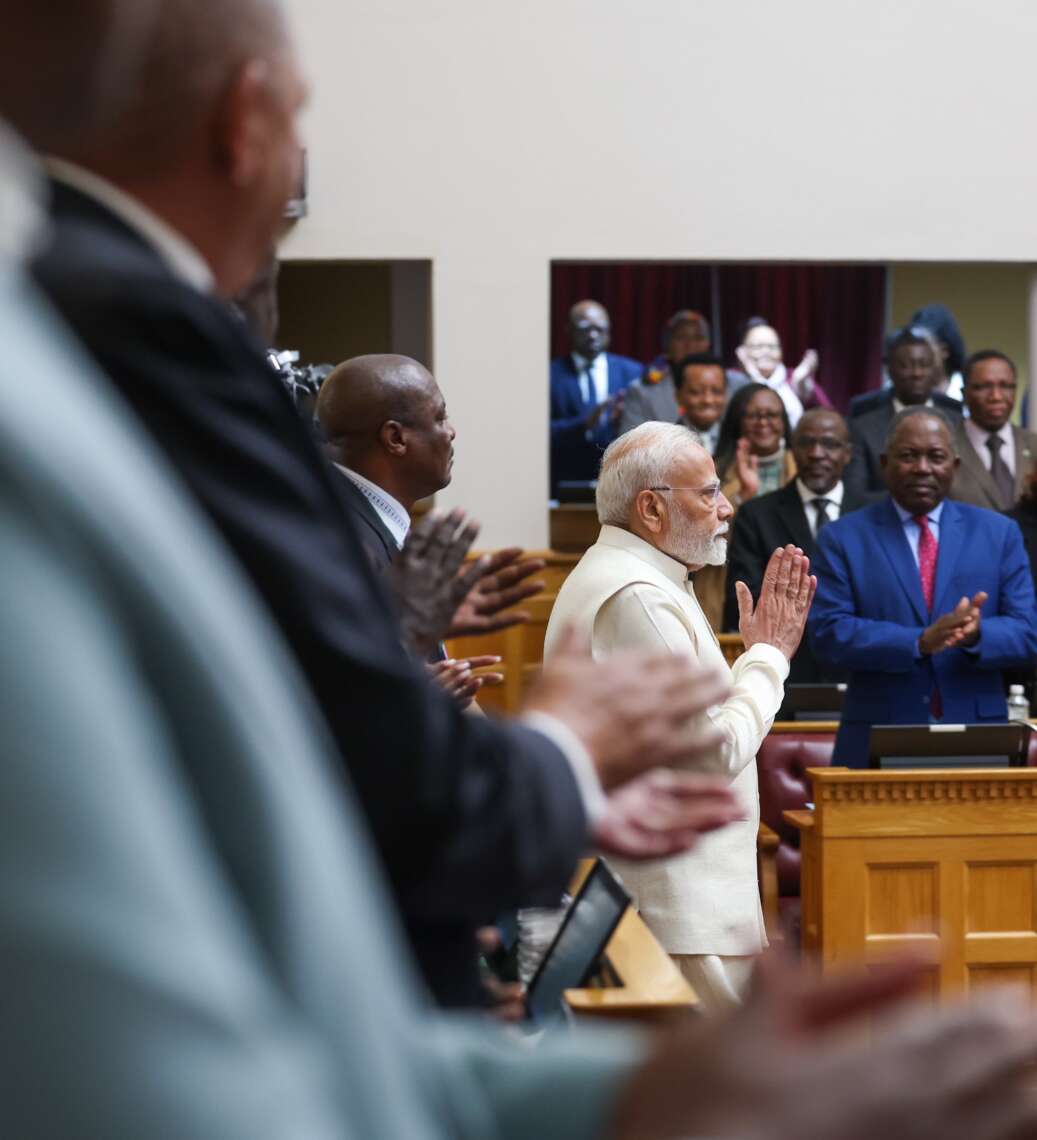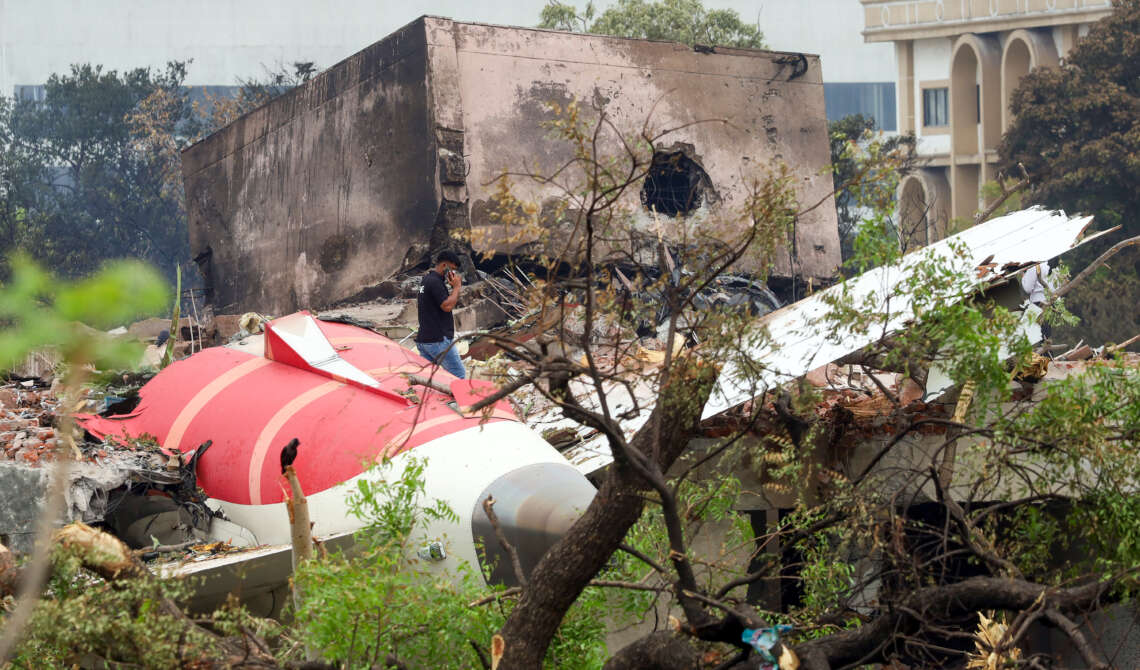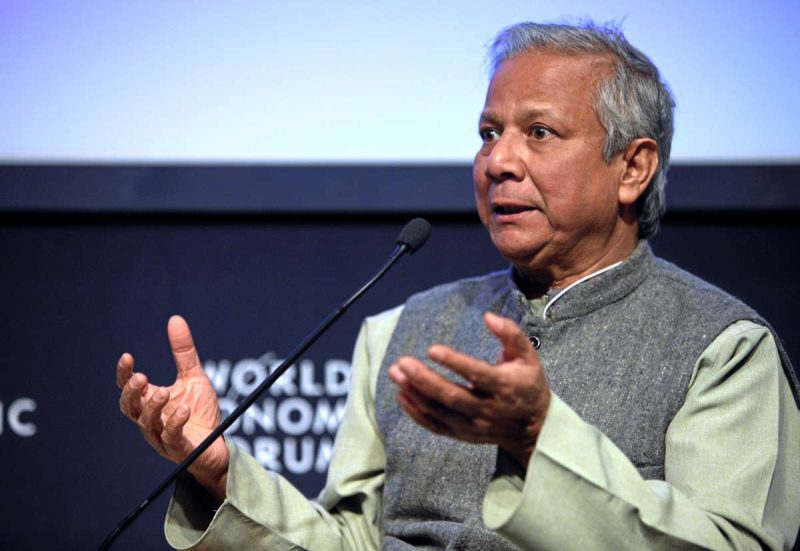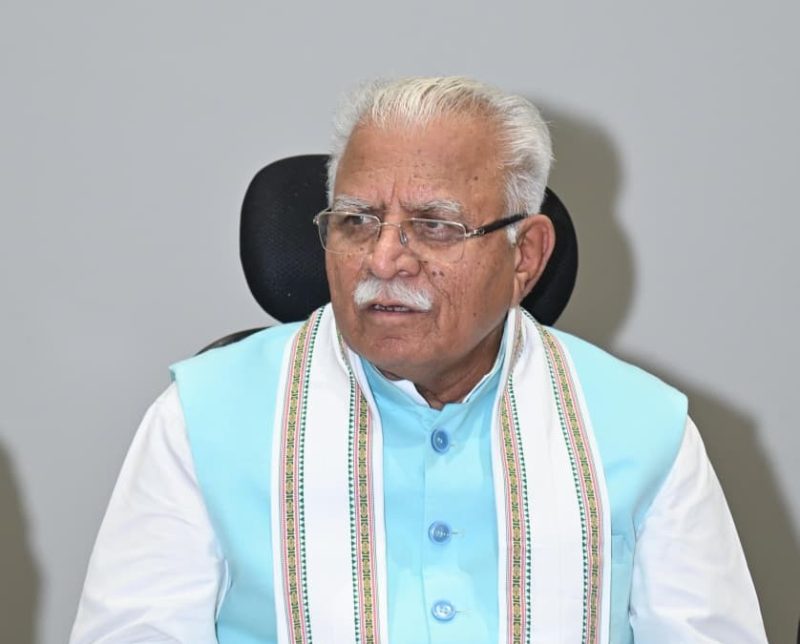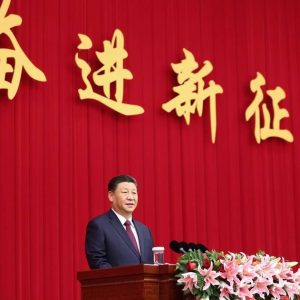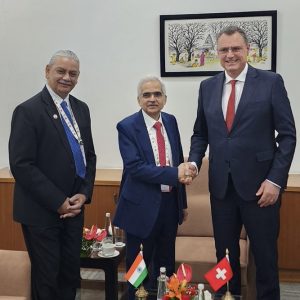India’s urban youth back bold diplomacy, view China as top threat, and demand assertive action on national security, as ORF survey reveals shifting strategic priorities….reports Asian Lite News
India’s national security and foreign policy are increasingly being viewed through the eyes of a younger, more assertive generation, according to the Foreign Policy Survey 2024 unveiled in the capital on Tuesday. The fourth edition of the annual survey, conducted by the Observer Research Foundation (ORF) in collaboration with Impetus Research, reveals that India’s urban youth see China as the country’s foremost strategic concern and support a robust foreign policy approach in a rapidly shifting global order.
The survey, based on responses from 5,050 young people across urban India between July and September 2024, found that 88 per cent of respondents approved of the country’s current foreign policy direction. This reflects a consistent uptick in confidence compared to previous years, indicating growing nationalistic sentiment and trust in India’s diplomatic posture.
Titled “Young India and the China Challenge,” this year’s report underscores the rising anxieties over Beijing’s influence and actions in the region. A striking 66 per cent of those surveyed expressed dissatisfaction with India-China relations, marking a sharp 17-point rise from 2023. Further, 89 per cent viewed the unresolved border conflict with China as India’s top foreign policy challenge, far surpassing concerns over cross-border terrorism, cybersecurity, climate change, or Pakistan.
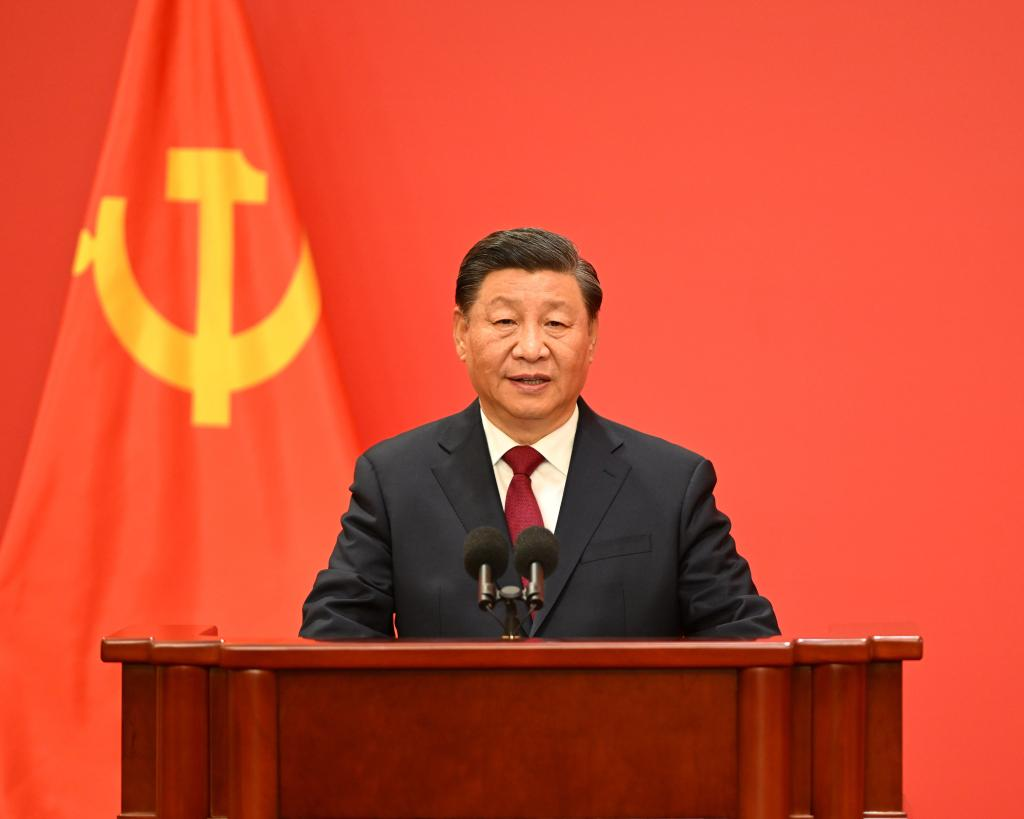
Speaking at the launch event at The Oberoi in New Delhi, Chief of Defence Staff (CDS) General Anil Chauhan warned that India’s security landscape was being shaped by a complex web of history, geography, geopolitical rivalries, and technological disruption. He described India’s aim of becoming a “Vishwabandhu”—a trusted global partner—while maintaining strategic autonomy. “India seeks to balance global blocs, engaging both BRICS and the Quad,” he said.
The CDS cautioned against emerging fault lines in South Asia, especially the growing interplay between China, Pakistan, and Bangladesh. He warned that a possible convergence of interests among these nations could pose long-term implications for regional security. “The Indian Ocean Region has become vulnerable to outside influence through debt diplomacy,” he said, citing increased activity by external actors as another layer of concern for India’s strategic calculus.
Addressing the generational shift in foreign policy perception, ORF President Samir Saran said the survey serves as a critical tool to incorporate youth perspectives into national strategy. “It offers a rounded view of India’s shifting geopolitical and geoeconomic landscape as seen through the eyes of its emerging generation,” he remarked.
The findings come against the backdrop of Operation Sindoor, India’s recent military standoff with Pakistan. General Chauhan acknowledged that during the conflict, there was no unusual activity on the northern border with China, easing concerns of a simultaneous two-front engagement. However, he admitted that assessing Chinese state support to Pakistan remained difficult, particularly in areas like real-time satellite imagery or intelligence sharing.
“Pakistan has acquired nearly 70 to 80 per cent of its military hardware from China. While some Chinese companies provide open-source satellite imagery, it’s hard to determine how much of this is directly state-backed or turned into actionable intelligence,” Chauhan explained.
The issue was further elaborated by Deputy Chief of Army Staff Lt Gen Rahul R Singh, who, just days earlier, stated that India was effectively facing three adversaries at once during Operation Sindoor. “China was offering Pakistan real-time surveillance data. About 81 per cent of Pakistani military hardware is Chinese. For China, Pakistan is a live testing lab,” Singh had said, also noting the involvement of Turkey in supporting Islamabad.
General Chauhan warned that frequent political shifts in neighbouring countries, such as Myanmar, could also complicate India’s regional outreach. “As far as Myanmar is concerned, foreign interference will never be in India’s interest,” he said, adding that the broader global security order is in flux. “The world is moving between two systems, and the US’s ambiguous stance only adds another layer of complexity.”
Launched in 2021 amid the global dislocation caused by the COVID-19 pandemic, ORF’s Foreign Policy Survey has quickly evolved into a credible barometer of public sentiment. While the 2022 and 2023 editions reflected on India’s 75th year of independence and the challenges of multilateralism, the 2024 report narrows its lens to the India-China rivalry, which is emerging as the defining axis of youth concern.
Despite anxieties, the mood among young Indians appears confident. The survey reflects a demographic that is increasingly well-informed and willing to see India take firm stances internationally, even as it walks the tightrope between partnerships with Western and Eastern blocs.
As India continues to expand its diplomatic engagements while managing complex neighbourhood dynamics, this generation’s voice—captured in this year’s survey—could well shape the future contours of Indian foreign policy. And if the findings are any indication, India’s youth are ready for a more assertive global role.


